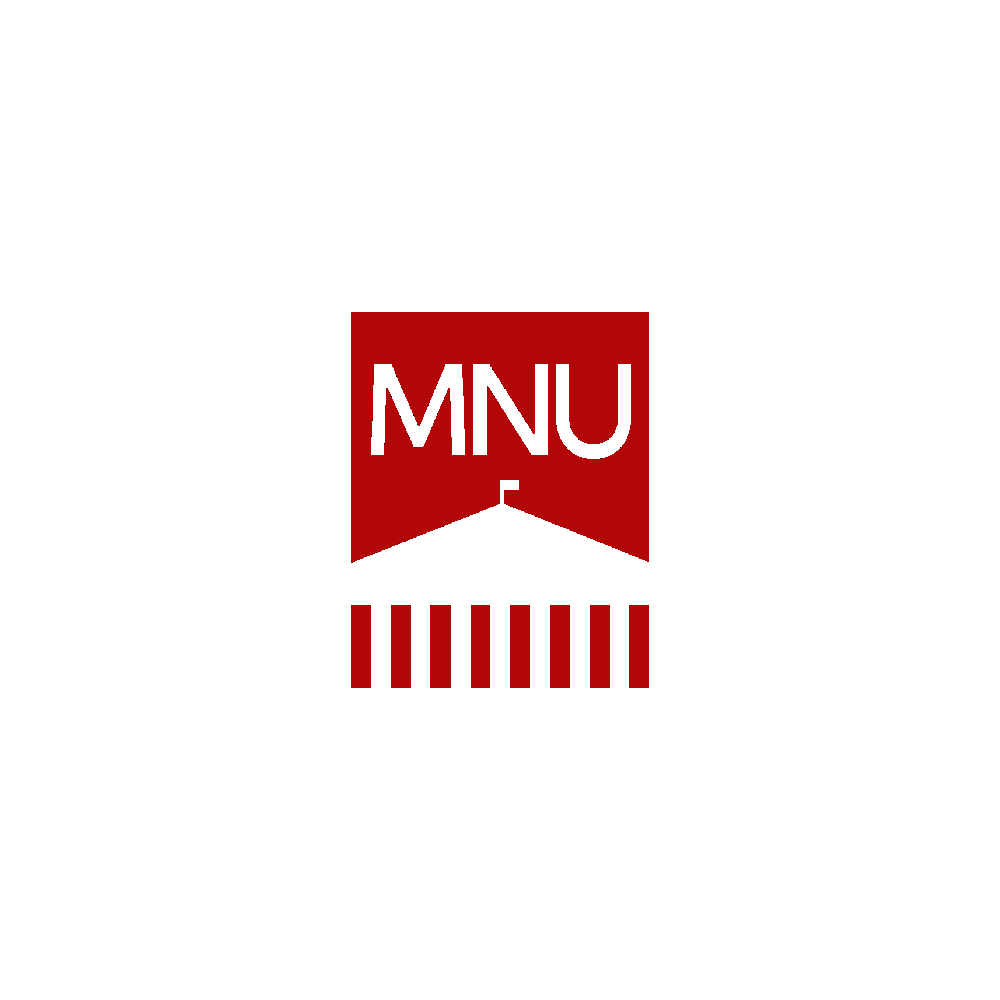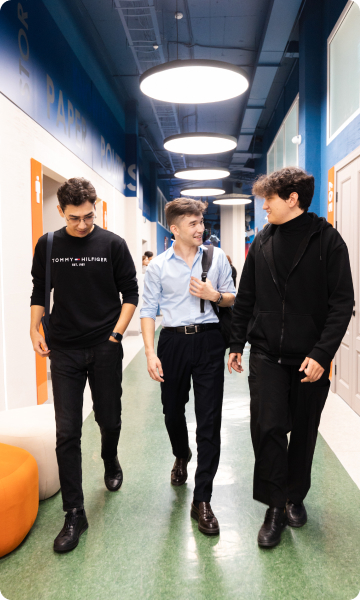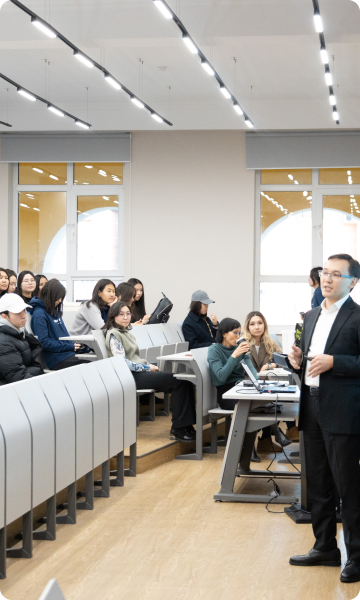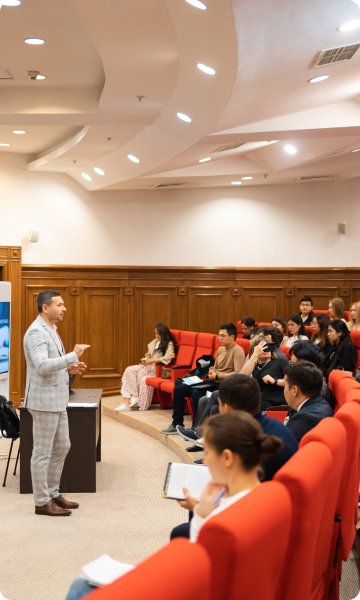The scholarly training system at Maqsut Narikbayev University (MNU) takes an integrated approach to shaping and developing researchers at all levels of education, from undergraduate to PhD programmes
Support for Young Researchers
Key Words:
Education
Development
Scholars
Research Activity
Research Community
Chapters
About the System
General description of the system of supporting young researchers: goals, objectives, key principles.
Researcher Career Track
Visual and textual description of the career track stages for young researchers.
Additional Financial Support Opportunities
Maqsut Narikbayev Scholarship, MNU Research Fellow, Travel Grants, Publication Grants
Academic Support and Mentorship
Young Researchers Professional Development Programme
Role of MNU Research Schools in Training and Development of Young Researchers
The scholarly training system
at Maqsut Narikbayev University (MNU) takes an integrated approach to shaping and developing researchers at all levels of education, from undergraduate to PhD programmes.
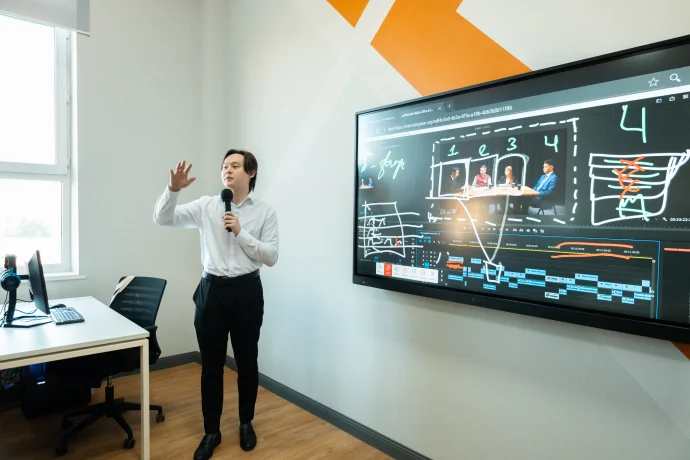
The aim of this system
is to create a structure supporting research activities and ensuring the training of highly qualified scholars capable of contributing to the research community and developing the University's academic environment.

Research Schools and the faculty are the key components of mentoring and supporting young researchers. These elements ensure the knowledge continuity and contribute to the development of scholarly traditions at the university.
The University is committed to academic and research excellence
by creating the conditions to unlock the research potential of each student and researcher. The historical role of Research Schools and mentoring is recognised and actively developed at the University. Training processes are based on the principles of transparency, academic integrity, impartiality and justice, contributing to effective talent management and a just research environment.
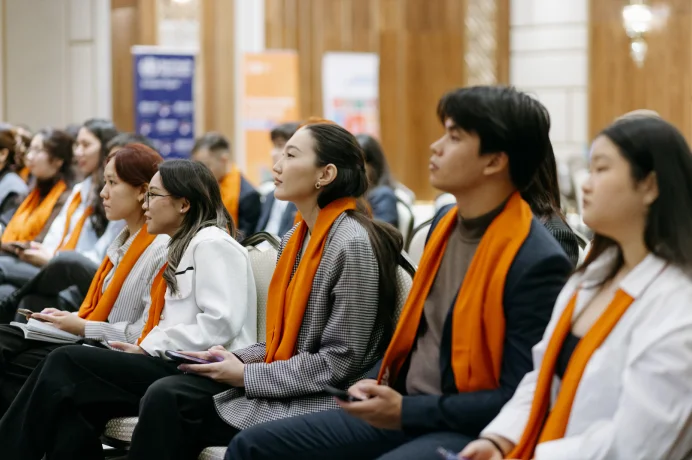
Researcher Career Track
At Maqsut Narikbayev University, we believe that a career in research begins not only at the master's level, as is commonly assumed, but also at the undergraduate level. From the very start of their academic journey, we are committed to equipping students with essential research competencies, laying a strong foundation for their future growth and success in the field of research.
The First Stage
Bachelor's Degree
At this stage, talented student-researchers who possess a research inclination and high academic performance are selected. We encourage their participation in SSRW (Students' Scientific Research Work) and PBL (Project Based Learning), which helps to develop research skills and forms the first steps towards a scientific career. Student-researchers actively participate in research projects and receive support from Scientific Schools and professors.

The Second Stage
Master's Degree
Master's degree programmes deepen the knowledge and research competences of students with high potential at the Bachelor's level. At this level, such positions as Teaching Assistant (TA) and Research Assistant (RA) are available, allowing young scientists to start an academic career, participate in research and other projects under the supervision of experienced faculty members. This contributes to their professional and academic growth.

The Third Stage
Doctoral Studies
As part of their doctoral studies, young scientists continue their research activities and receive additional opportunities for professional development. Working as a TA or RA enables them to gain experience in teaching and research. We strive to ensure that top talent is driven into science, therefore at each stage of the Track young scientists are provided with competitive salaries, additional funding and high profile status.
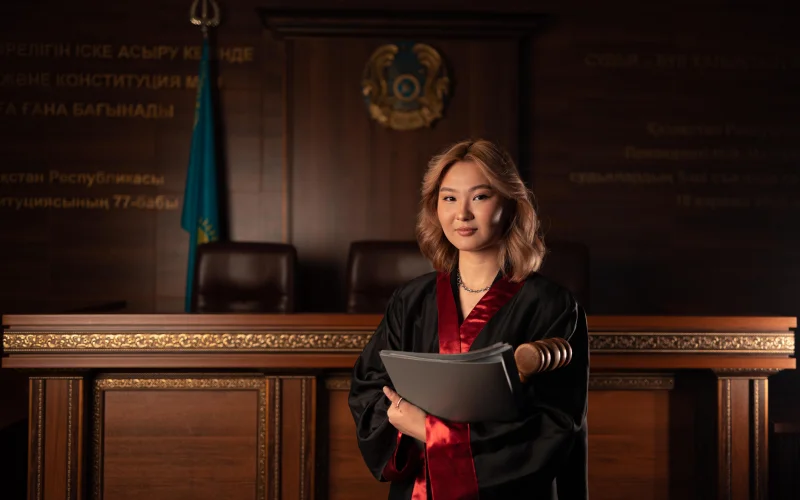
The Fourth Step
Assistant Professor
After successful defence of the PhD thesis, researchers are immediately appointed to the position of Assistant Professor. This is an entry-level professorship that provides an opportunity for research and teaching, which is an important stage of further academic growth.

Additional Financial Support Opportunities
Academic Support and Mentorship
Training System Description:
At Maqsut Narikbayev University, the training of young researchers is built on a strategic integration of academic instruction and hands-on research activities. This dynamic approach emphasizes continuous knowledge enhancement and skill development, fostering sustainable academic and scientific growth.
A key component of this system is our Professional Development Support (PDS) program, which plays a crucial role in nurturing young scientists. PDS encompasses a comprehensive set of initiatives designed to strengthen the research competencies and professional skills of undergraduate student-researchers, master’s students, and doctoral candidates, empowering them to excel in their academic and research endeavors.
Professional Development Support (PDS) includes:
a. Organisation of special events and workshops. Professors from Research Schools organise specialised sessions aimed at developing research skills and knowledge of young scientists. These activities help not only to enrich their academic background, but also to introduce them to advanced research methods.
b. Providing conditions for participation in scientific activities. Young scientists are provided with opportunities to participate in academic conferences, round tables, write and publish scientific articles, and work on research projects. This contributes to broadening their scientific horizons and strengthening their professional networks.
c. A set of planned development activities. The PDS covers systematic steps to improve the academic and research skills of young scientists, helping them to integrate into the University environment. This helps to create favourable conditions for long-term scientific collaboration and sustainable development of the research potential.
Role of MNU Research Schools in the Process of Training and Development of Young Researchers
Research Schools are the main element of young scientists training system at Maqsut Narikbayev University. They provide comprehensive support and guidance at all stages of their career track. Professors of the Research Schools not only develop, approve and monitor the implementation of individual plans of young researchers, but also create conditions for their professional and academic growth, supporting their aspirations for research activities.
The most important role of Research Schools and professors is to provide mentoring support, organise specialised seminars and competitions to identify the most talented students at the undergraduate level, and ensure their participation in research projects and publication activities at the Master's and Doctoral levels. These actions are aimed at developing research skills and retaining young scientists in the academic environment.
Young scientists are the future of Research Schools, their continuity, and the basis for the long-term development of the university level science. Research Schools strive to raise a new generation of scientists that will continue the traditions and contribute to strengthening the academic image of the University.
